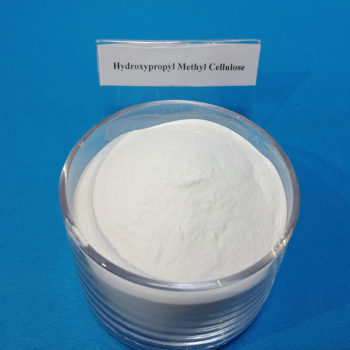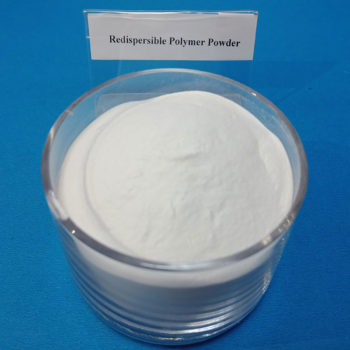China cellulose ether manufacturer
China HPMC factory,have a daily output 150 tons,our products including Hydroxypropyl Methyl Cellulose (HPMC), Redispersible Polymer Powder (RDP) ,which can be widely used in building materials such as dry mix mortar, gypsum based plaster, wall putty, tile adhesive, cement mortar, EIFS, detergent and so on.


High Viscosity Construction Additives Cellulose Ether
High Viscosity Construction Additives: The Role of Cellulose Ether
In modern construction, achieving high-performance building materials requires more than just cement, sand, and water. Additives play a critical role in enhancing strength, workability, and durability. Among them, cellulose ether stands out as one of the most important functional polymers, especially in high-viscosity grades designed for construction applications.
What is Cellulose Ether?
Cellulose ether is derived from natural cellulose, which is chemically modified to create water-soluble polymers with unique performance characteristics. Depending on the type of substitution, the most common cellulose ethers used in construction include:
-
Hydroxypropyl Methyl Cellulose (HPMC)
-
Methyl Hydroxyethyl Cellulose (MHEC)
-
Hydroxyethyl Cellulose (HEC)
These products are available in different viscosity grades, but high-viscosity cellulose ethers are particularly valuable in construction due to their excellent thickening and water-retention capabilities.
Key Functions in Construction Materials
-
Thickening and Consistency Control
High-viscosity cellulose ethers provide excellent thickening effects, which improve the rheology of mortars and adhesives. This ensures smoother application and consistent performance during construction. -
Water Retention
One of the most critical functions of cellulose ether is its ability to retain water in cement- or gypsum-based materials. High viscosity grades hold water more effectively, preventing rapid drying and ensuring proper hydration. This results in improved bonding strength and reduced cracking. -
Improved Adhesion
Cellulose ether enhances the adhesive force between mortar and substrates such as tiles, concrete, or insulation boards. This is vital in applications like tile adhesives and external insulation systems. -
Slip Resistance
In vertical applications such as tile setting, high-viscosity cellulose ethers increase mortar cohesiveness, reducing tile slippage and ensuring precise alignment. -
Workability and Open Time
They extend the workable time of mortar, giving contractors more flexibility during installation and reducing construction errors.
Applications in the Construction Industry
High-viscosity china hpmc cellulose are widely used in dry-mix mortars and other cement-based products, including:
-
Tile adhesives and grouts
-
Wall putty and skim coats
-
Plastering mortars
-
Self-leveling compounds
-
EIFS/ETICS insulation systems
-
Cement renders and repair mortars
Each application benefits from enhanced water retention, improved adhesion, and reliable consistency provided by cellulose ether.
Advantages of High Viscosity Cellulose Ether
-
Better sag resistance in vertical applications
-
Excellent bonding and durability
-
Uniform mixing and smooth application
-
Resistance to cracking caused by shrinkage
-
Stable performance across different climates and environments
Conclusion
High-viscosity cellulose ether additives are indispensable in today’s construction industry. They ensure that mortars, adhesives, and coatings perform consistently under demanding conditions. With their ability to improve workability, adhesion, and durability, cellulose ethers not only optimize construction processes but also extend the service life of buildings.
As the demand for sustainable and high-performance construction materials grows, cellulose ethers—especially high-viscosity grades—will continue to play a leading role in shaping the future of modern construction.